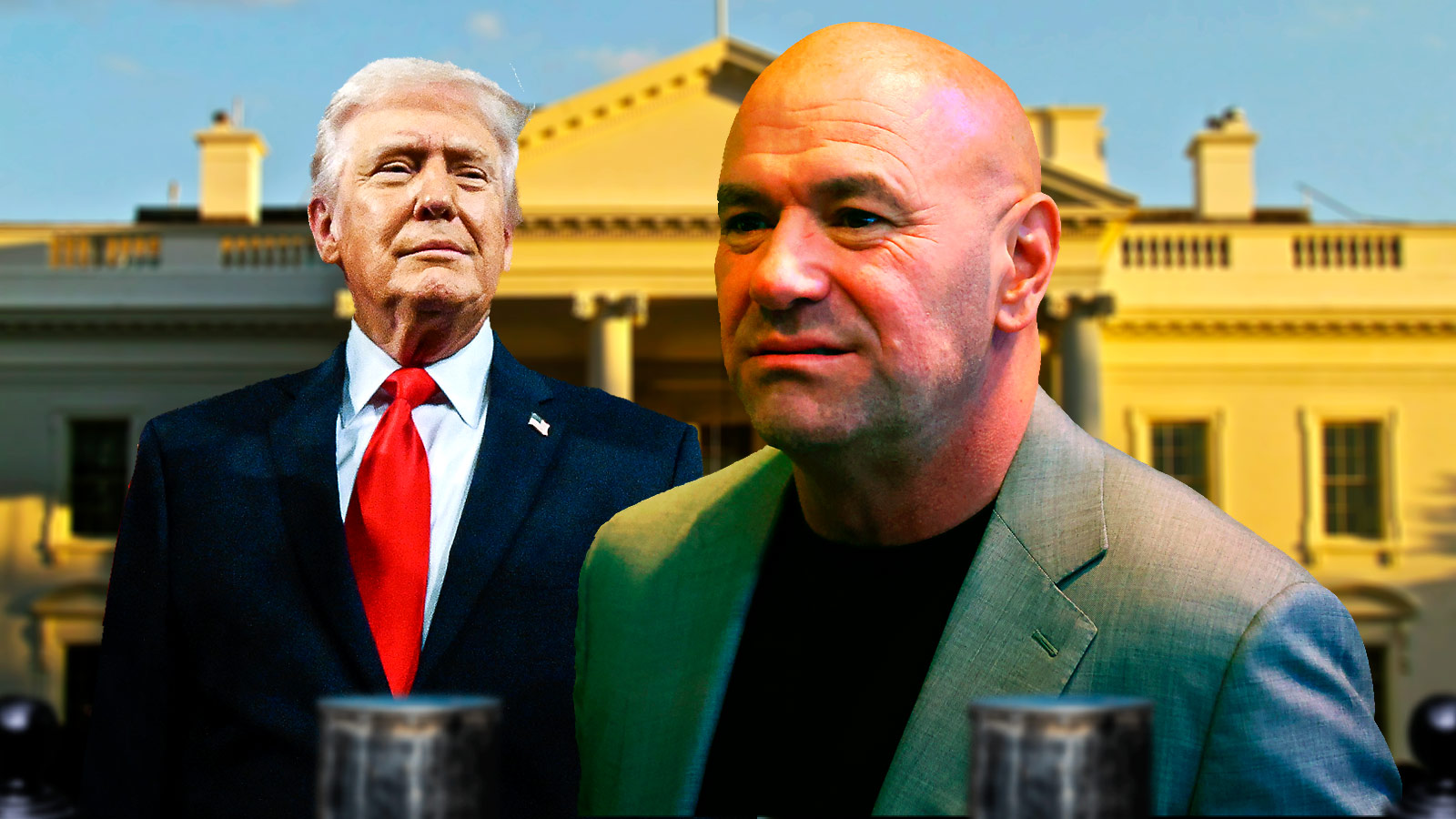Conor McGregor, the Irish mixed martial arts icon and one of the most recognizable faces in the UFC, has lost his appeal in a civil rape case connected to a 2018 incident in Dublin. The High Court in Ireland dismissed McGregor’s bid to overturn a prior ruling that held him liable for sexual assault, a case that has deeply rattled both the athlete’s personal life and his public legacy.
🚨Conor McGregor has lost his court appeal challenging the jury’s finding that he sexually assaulted Nikita Hand.
(via. @Healyhack) pic.twitter.com/0HPr64qa95
— Home of Fight (@Home_of_Fight) July 31, 2025
The incident traces back to December 2018, when a woman accused McGregor, now 37, of attacking her in a Dublin hotel room after the pair met at a Christmas party. The civil proceedings began in earnest after prosecutors opted not to pursue a criminal case; however, a 2023 jury found in favor of the woman, determining McGregor was liable for the alleged assault and awarding her damages of 248,000 euros, approximately $257,000 at the time of the verdict.
The Appeal and Legal Proceedings
This year, McGregor’s legal team mounted a detailed appeal, casting doubt on the credibility of certain testimony while seeking to admit new evidence. Among their points was fresh testimony from a neighbor of the woman, who claimed she had witnessed the plaintiff involved in a separate altercation earlier the same night the alleged assault took place. However, this argument was withdrawn by McGregor's team earlier this month, further weakening the appeal’s foundation.
Ireland’s High Court, after reviewing the arguments, found no compelling reason to overturn the previous judgment. The appeal was dismissed on all grounds, signaling the likely end to McGregor’s legal avenues in the civil justice system for this case.
“This appeal has re-traumatised me over and over again.”
Nikita Hand speaks outside court after Conor McGregor lost his appeal against the finding of a civil jury that he sexually assaulted her in a Dublin hotel in 2018.https://t.co/njXca1dL9P
📺 Sky 501 and YouTube pic.twitter.com/TcnwHcES5y
— Sky News (@SkyNews) July 31, 2025
The Allegations against Conor McGregor
The civil trial focused on the plaintiff’s account of the night in question. According to reports cited during the proceedings, the woman told the court that McGregor forcibly pushed her onto a bed, choked her, and made her fear for her life. McGregor did not contest that the two engaged in sexual activity but insisted it was consensual, flatly denying any use of force or violence. Despite his defense, the jury found that the evidence presented substantiated the woman's account, rendering McGregor legally liable for sexual assault in the civil context.
WARNING: Contains details of a graphic nature.
A paramedic told the High Court that Nikita Hand, who alleges she was raped by Conor McGregor, was badly bruised.Hand has taken a civil assault claim against McGregor and another man, James Lawrence. The men deny the allegations. pic.twitter.com/wPcZydHHuq— Virgin Media News (@VirginMediaNews) November 12, 2024
It’s worth noting that criminal charges were never brought against McGregor for this event; the threshold in criminal prosecution, which demands proof beyond a reasonable doubt, is significantly higher than in the civil system, where preponderance of evidence is the standard. The High Court’s latest ruling thus emphasizes civil rather than criminal liability, but the repercussions for McGregor remain severe.
This case marks one of the most significant off-cage controversies to engulf McGregor’s career. Once celebrated for his meteoric rise in the UFC, where he claimed both featherweight and lightweight titles, and his brash, charismatic persona, McGregor’s star has dimmed in the wake of both sporting setbacks and mounting legal troubles.
McGregor has not competed in MMA since sustaining a gruesome leg injury during a TKO loss to Dustin Poirier at UFC 264 in July 2021. Despite ambitions to returm, he recently revealed he had re-entered mandatory drug testing programs, an essential step toward UFC reactivation—this ruling ensures that any comeback will occur under the shadow of ongoing legal headlines.
👀 Conor McGregor is back in the testing pool and was randomly blood and urine tested on his yacht today
“I piss excellence”
via @TheNotoriousMMA pic.twitter.com/Fu3cBZhGCK
— ACD MMA (@acdmma_) July 30, 2025
The timing of this judicial defeat coincides with McGregor’s efforts to stage a high-profile return, possibly at a mooted UFC event at the White House in 2026, something he publicly expressed interest in. Whether these plans remain viable—or palatable for the UFC, its partners, and fans, remains to be seen.
McGregor, a father of four with his longtime partner, now faces the reality of a major hit to his reputation, substantial financial penalties, and the possibility of further scrutiny should any new evidence or allegations emerge. The message from Ireland's High Court is clear: even sports icons will be held accountable in civil court for their actions outside the limelight




















